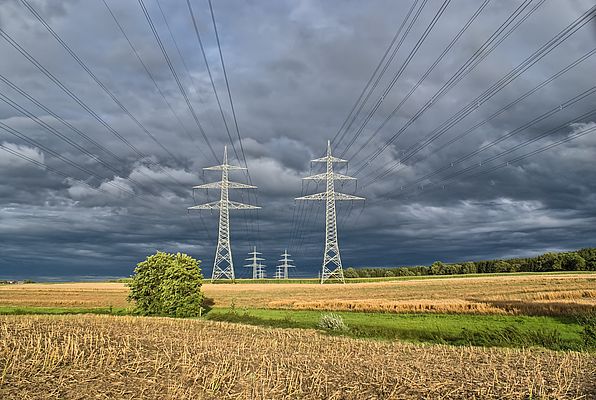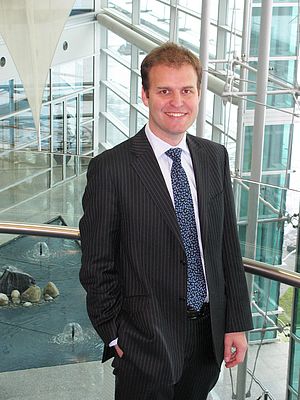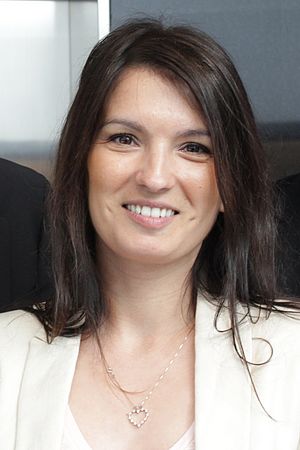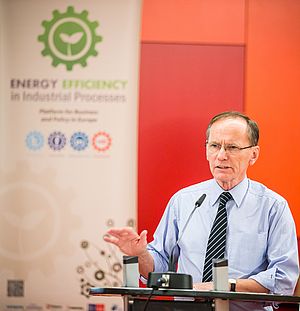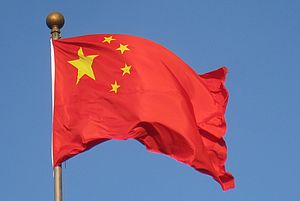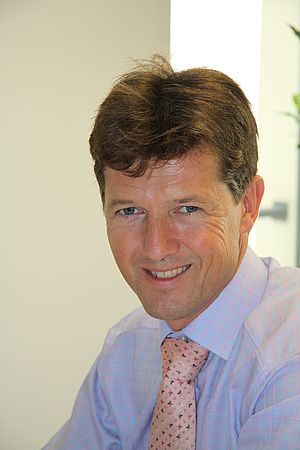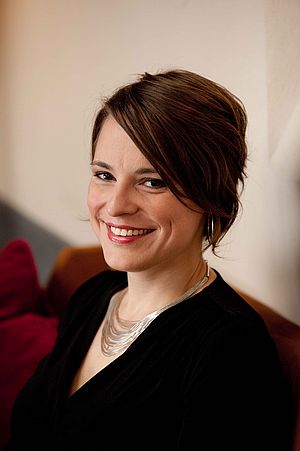It is now more than five weeks since the German federal elections took place at the end of September. The only thing we know by now is that there will be a grand coalition formed by the conservative parties CDU/ CSU and the social democratic party SPD. Their policy in the next four years though is still hard to tell.
What about the "Energiewende"?
One of the main topics in the coalition negotiations is the German energy transition, know as the "Energiewende". These negotiations are focussing on renewable energies and on cutting the prices of electricity. There could either be a complete new financing policy for renewables or only slight changes in the renewable energy act, the Feed-in-Tariff known as the EEG. The other thing is the energy market, with capacity markets being discussed or reserve fossil power-plants. No matter what the result will look like, the rise of renewable energy in Germany will be slowed down in the next years.
Efficiency does not seem to be of interest
Although the costs of energy are widely discussed, especially the electricity prices for small and medium companies and for private households, the consumption of electricity isn’t mentioned at all in this discussion - neither by the politicians nor by the media. Only heating in private households is occasionally a topic.
Industrial energy use is not in the political discussion, in contrast to the electricity prices. A lot of companies and industrial associations complain about rising electricity costs. But in this case the German industry is divided into several different groups. There is the biggest group on the one side with having to pay the normal prices from the utility, including the surcharge for the renewable energy (in German: EEG-Umlage). On the other side there is the growing group of companies which is excluded from the renewables surcharge, this effects the amount of the surcharge.
A lot of these companies are also excluded from the rising grid surcharge. The third group consists of those big enterprises that are large enough to buy their electricity directly from the energy exchange. They are lucky because they profit from falling prices due to the increasing amount of renewable energy.
What we have to expect from the new German government
In the last years the former minister of economic affairs seemed to be the one who blocked all political initiatives for more energy efficiency. He will neither be in the new government nor will he still be member of the Parliament. But you still have to be very optimistic to believe that Germany will reach its goal to reduce the energy consumption by 20% until 2020.
In the implementation of the European energy efficiency directive there are no big expectations. The big utilities won’t let the government dictate them the efficiency of energy production. That's why I believe that efficiency has to be the goal for every company. First movers will win by creating lower energy costs than competitors and being more independent from changes to the energy policy in the future.
By Andreas Kuhl, owner and editor of energynet.de, a forum for energy efficiency and renewable energies
German energy efficiency policy
What to expect of it after the German federal elections
- by TIM Global Media BV
- November 13, 2013
- 1550 views


